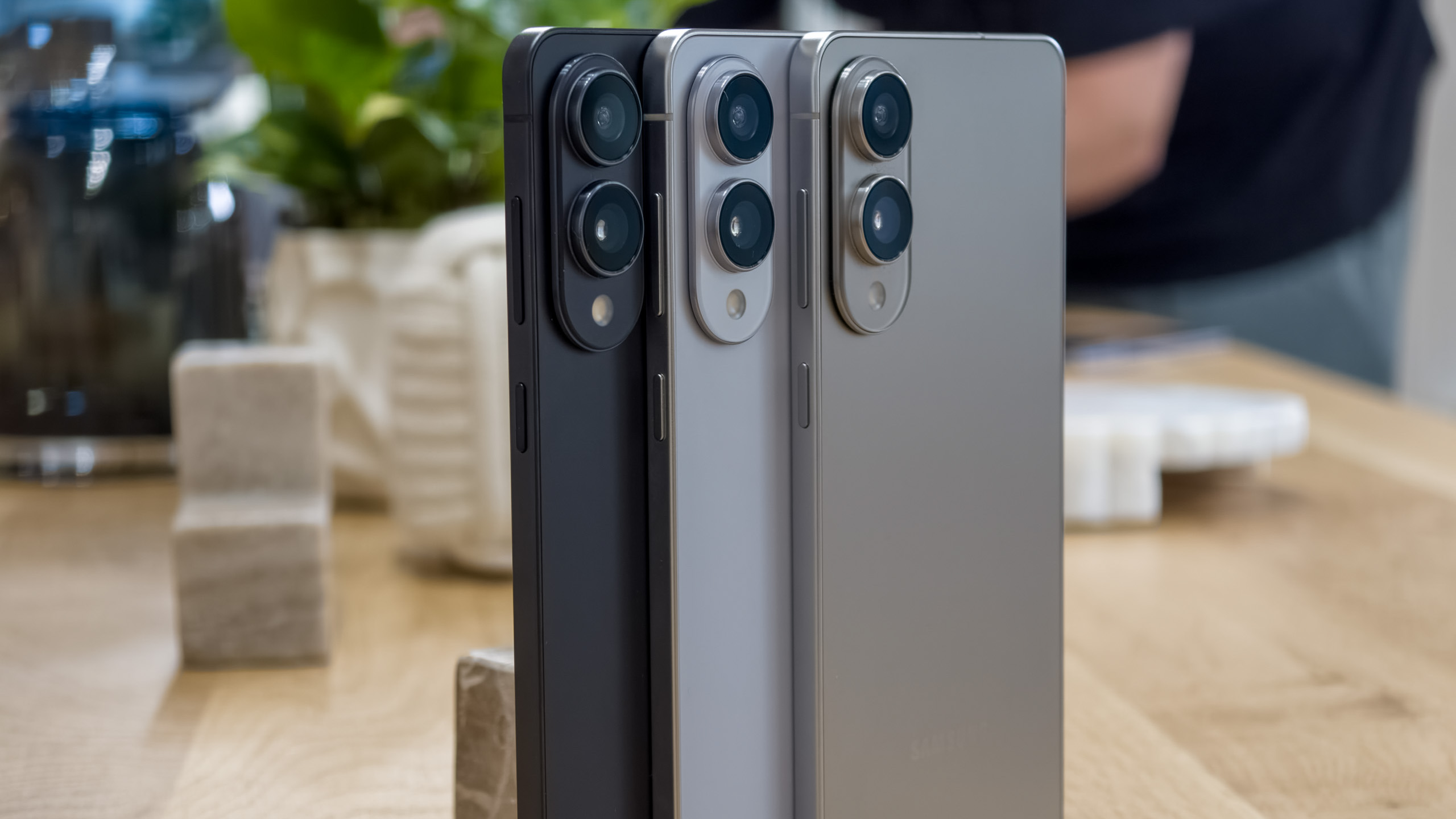Why I use Gemini over ChatGPT as my AI assistant, and you should too
If you haven’t tried Google AI since the Bard days, it’s really time to give Gemini another shot.
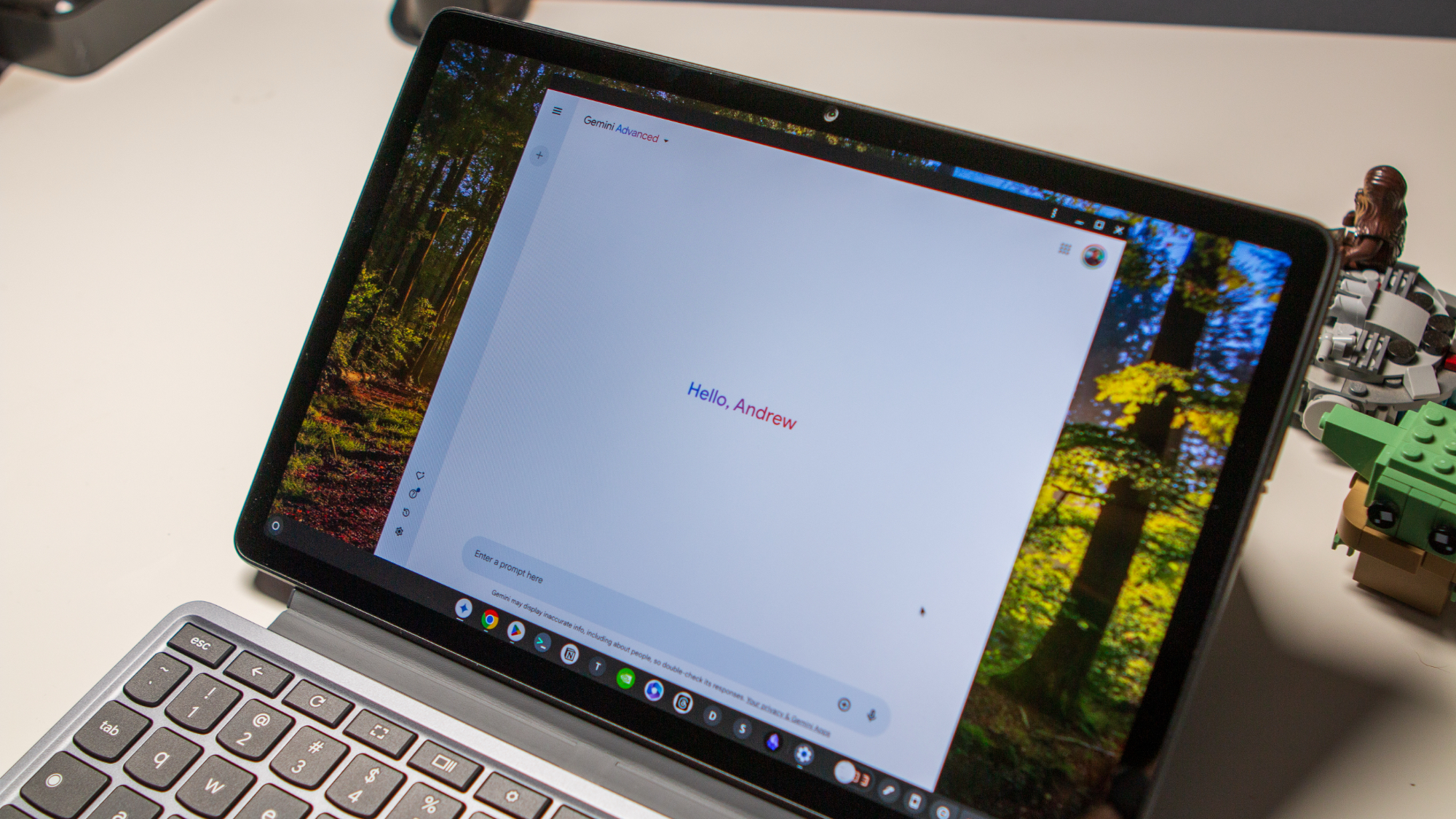
OpenAI caught the tech world by surprise, including stalwarts like Apple and Google. However, those two brands responded to ChatGPT’s success in completely different ways. While the former is still trying to find its footing, Google recovered nicely, and Gemini is arguably a better chatbot for most people than ChatGPT in 2025.
If you’re still using ChatGPT, I don’t blame you. Google’s start in the AI race with Bard wasn’t the best, but it has come a long way in the Gemini era. OpenAI’s 12-hour ChatGPT outage could serve as the perfect reason to give a competitor another shot, like Gemini.
I have access to ChatGPT, Apple Intelligence, Perplexity, and more on my suite of devices, but Gemini is the only AI client I need. In fact, I haven’t used ChatGPT in two years, and these three features help explain why.
Fine-tuned models tailed to specific purposes
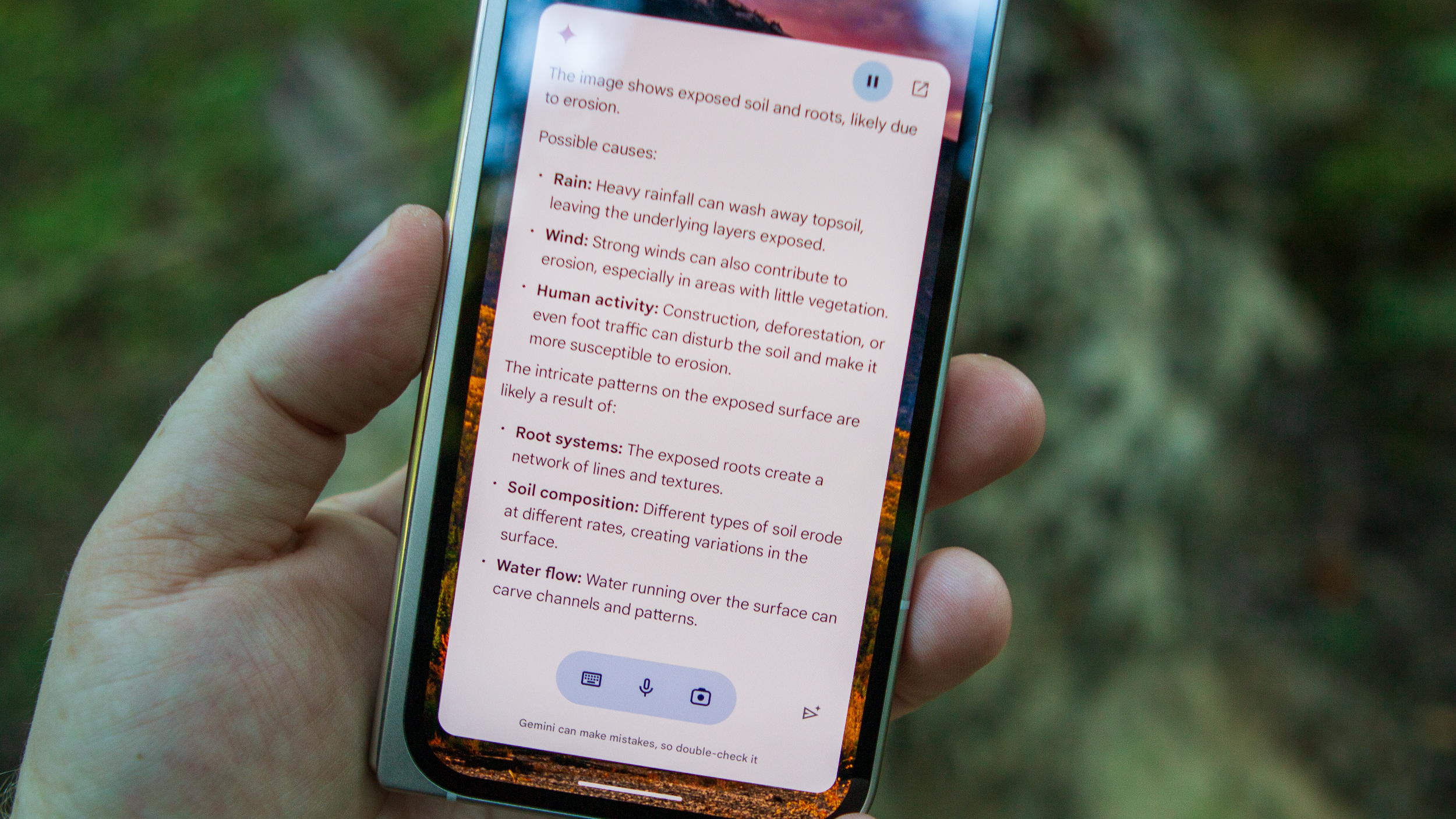
The wide variety of models and tools available under the Gemini umbrella is a huge reason why I stick to Google AI’s suite. There are just a few main types of Gemini models, including Gemini Nano, Gemini Flash, and Gemini Pro. It gets more nuanced than that in the nitty-gritty, when you consider offshoots like Gemini Personalization, but those three handle most of your AI needs.
Gemini Nano handles on-device mobile AI tasks, Gemini Flash takes care of simple, everyday requests, and Gemini Pro is for advanced, specialized needs. They’re not just competitors to the latest ChatGPT models; they’re winners. Google currently holds the top two spots on LMArena’s leaderboard, and they’re both preview versions of Gemini 2.5 Pro. The Gemini 2.5 Pro preview model is also the champion on LMArena’s WebDev leaderboard, too.
OpenAI’s models tie for second place on the LMArena leaderboard, but can’t be found until seventh place on the WebDev rankings. The days of OpenAI models being the industry leader in every category are over, as Gemini models will beat ChatGPT models in many major benchmarks. There’s a model for every use case, whether you need an efficient model for on-device processing, a lightweight model to reduce token (cost) usage, a thinking model that shows its work, or a specialized model for specific use cases.
If the expansive set of stock offerings isn’t enough, you can build Gems, which are custom AI chatbots similar to OpenAI’s custom GPTs.
Get the latest news from Android Central, your trusted companion in the world of Android
Integration with Android and ChromeOS
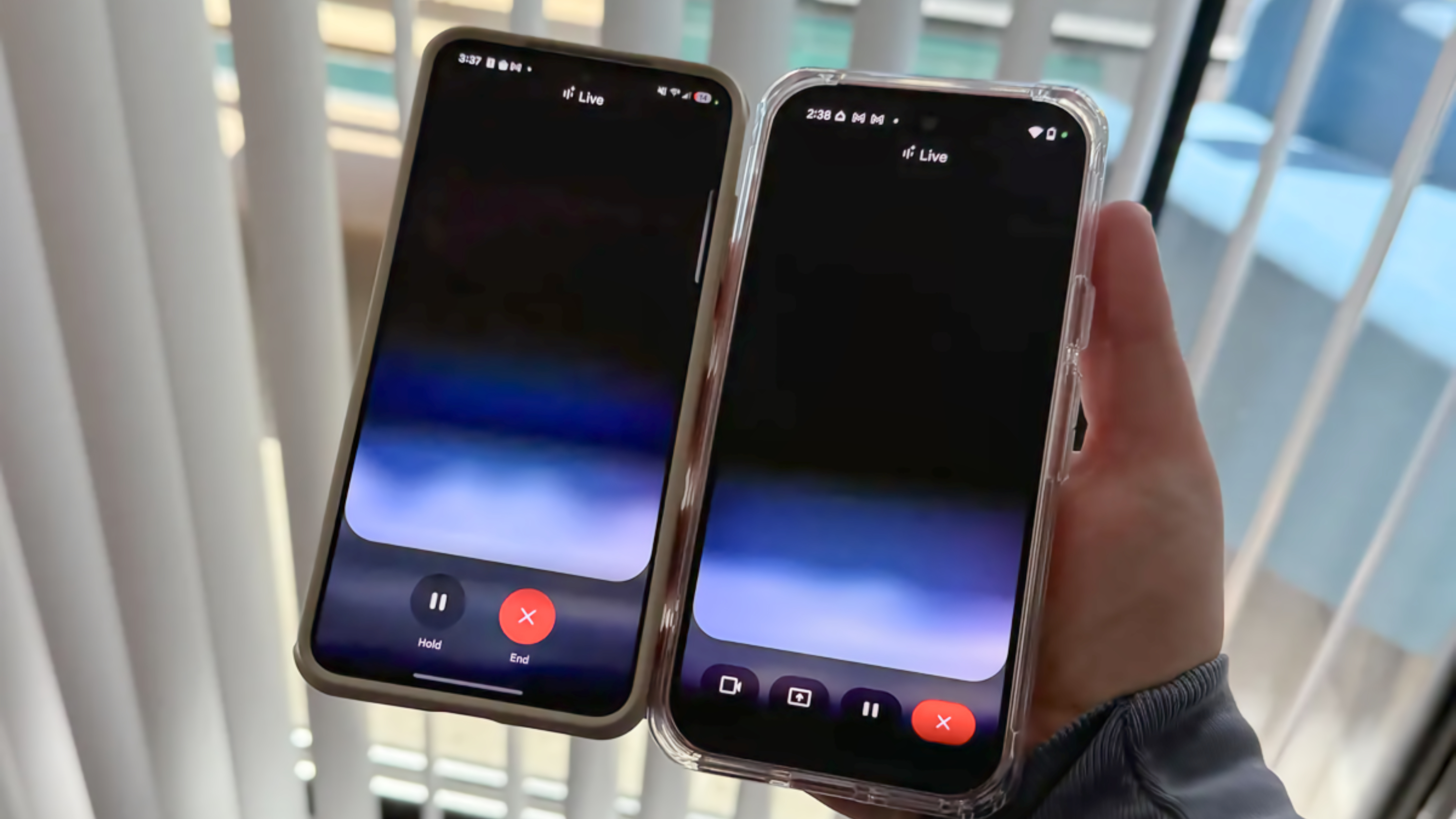
For most people, knowing which AI model ranks higher on uber-specific benchmarks is inconsequential for their daily needs. That’s why Gemini’s integration with popular mobile operating systems is its true differentiator. With the Gemini app, you can use the service on a variety of platforms, including iOS and iPadOS. However, things really get good if you happen to use an Android phone, tablet, or a ChromeOS laptop.
Gemini is replacing the Google Assistant, so the AI helper is only a button press or a voice command away at any time on the majority of Android phones. With Gemini Live, you can speak to the AI model in natural language and even share your screen or camera feed to add context. It’s not that ChatGPT can’t do these same things; it’s that they’re packaged in a much more convenient way with Gemini.
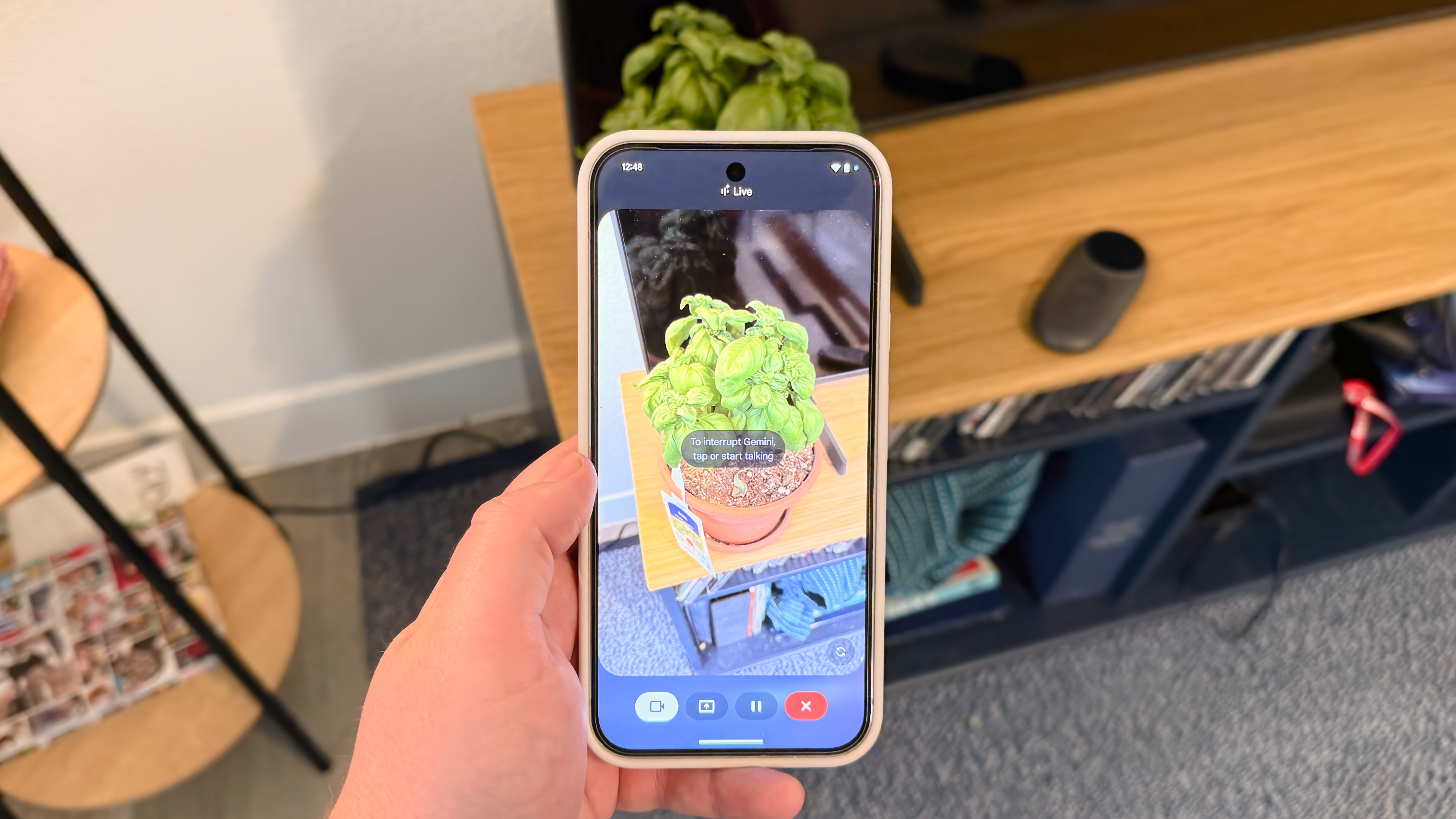
The easy access makes Gemini a more helpful companion for solving real-world problems. I use Gemini Live to help figure out why my plants aren’t looking right, or what I can substitute for an ingredient in a recipe. And since Gemini tends to do a better job at providing online sources for its answers, I can quickly fact-check it in a way that I can’t while using ChatGPT.
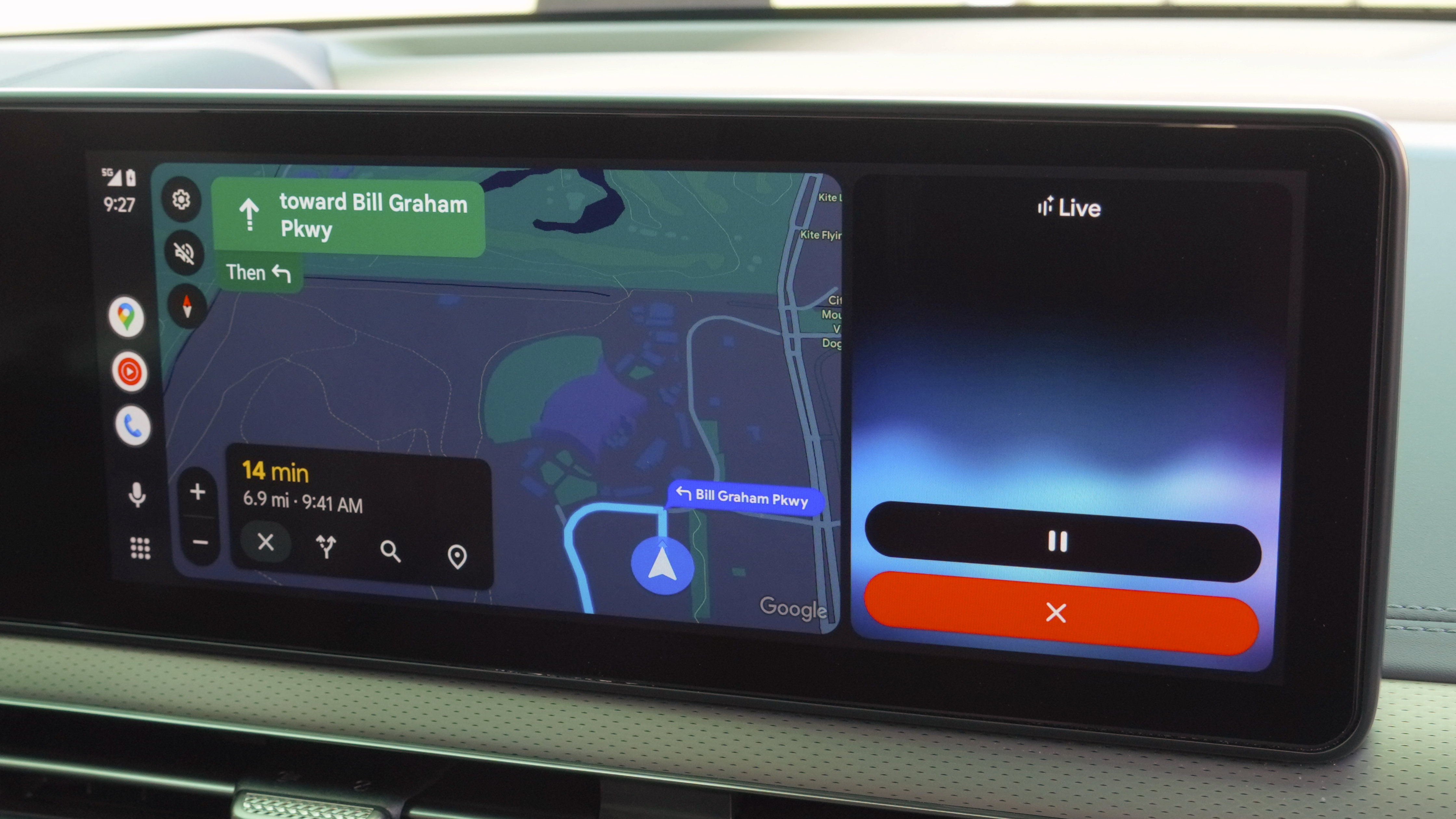
Integration is Gemini’s calling card, and it’s only going to get better at it. Gemini is coming to Android Auto and Wear OS watches soon, so it’ll be even easier to access the AI features.
Works in tandem with Google Search and Google Workspace

OpenAI has the major advantage of a Microsoft partnership, so Copilot and ChatGPT integration with Microsoft 365 services will be better if you happen to use them. However, Google’s free and accessible model for Google Workspace has helped many people ditch Microsoft 365 (formerly Office) for good. If that sounds like you, you’ll be happy to know that Gemini is deeply integrated with Workspace to help you get productivity tasks done.
Gemini’s presence in Workspace apps goes so deep it’s impossible to cover them all at once. It makes three main types of appearances in the Workspace suite: powering individual features, as standalone apps, and as a chatbot sidebar.
For instance, Workspace apps like Google Vids (an AI-powered presentation generator) and NotebookLM (an AI-powered notebook) are new apps with Gemini AI at their core. Legacy apps like Google Docs or Google Slides have a Gemini sidebar for quick help with tasks such as summarization or generation. They also have individual AI-powered features, like contextual smart replies in Gmail, which leverage Google AI behind the scenes.
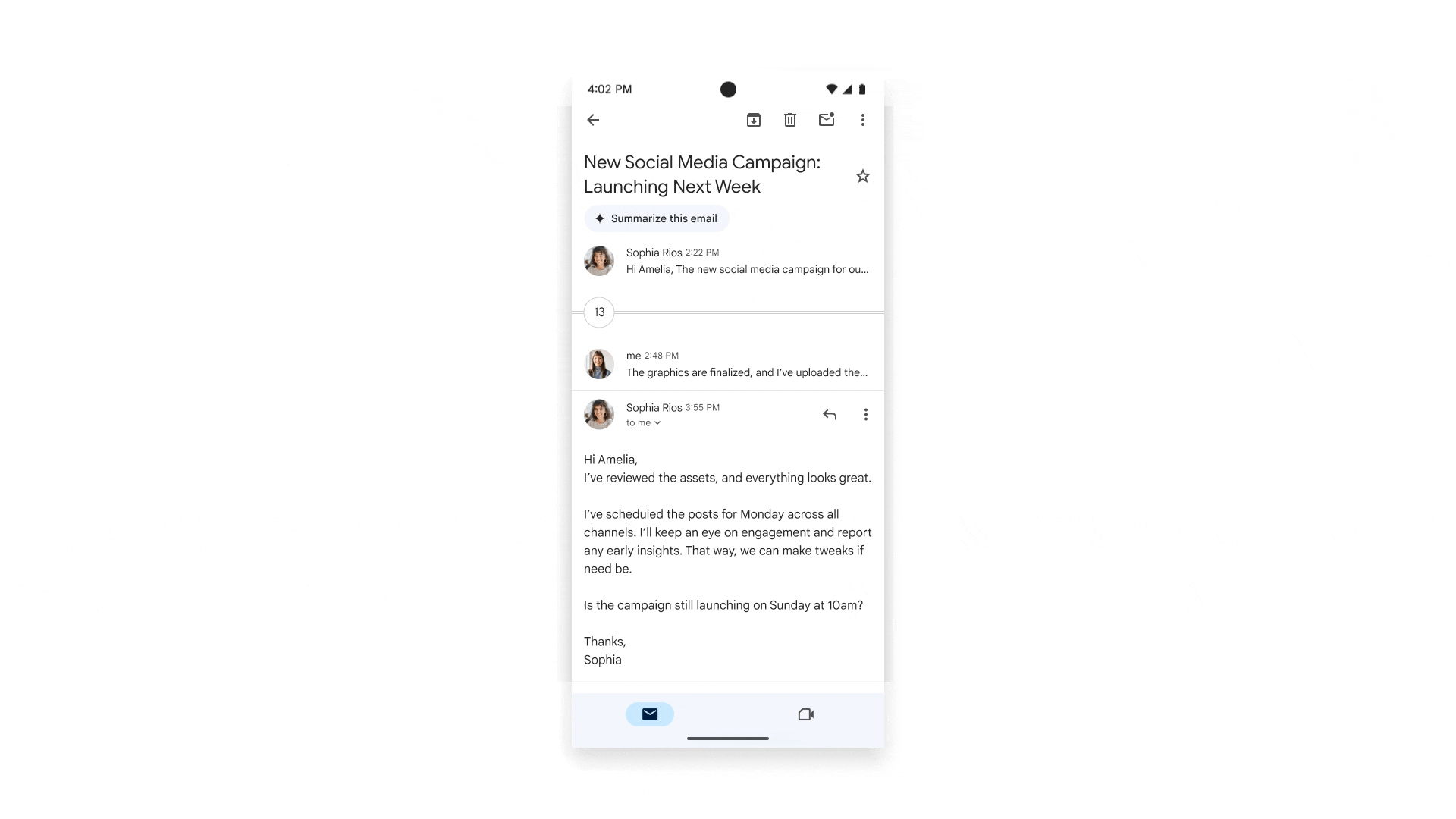
That sounds like a lot, but it means that Gemini will meet you where you are. With ChatGPT, you’re likely to switch between windows and apps while copying and pasting in order to complete your tasks. Whether it’s on your Android phone with Gemini Live or on the Gmail site with a Gemini sidebar, Google’s AI will be in more places than ChatGPT ever could be.
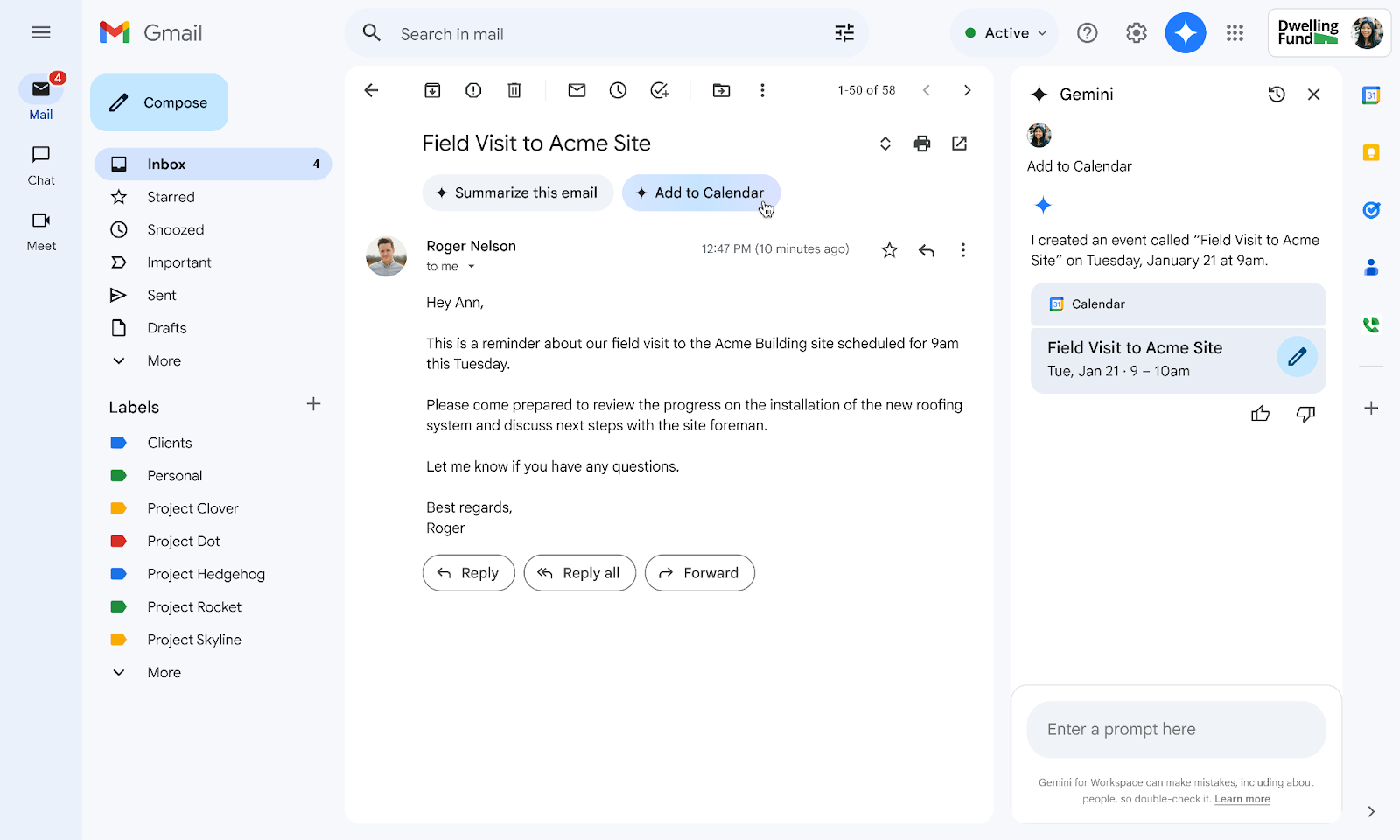
The reason why novelty AI devices like the Humane AI Pin or Rabbit R1 failed is that people didn’t want to have to switch devices to access AI. With Gemini, you not only don’t have to switch devices, you don’t even have to change apps.
Best of all, it’s free and easy to use

To top it all off, you can do more for free with Gemini than with ChatGPT. Remember those industry-leading Gemini models I mentioned earlier? They’re available more or less for free. Gemini Live with video streaming and screen sharing? Also free. Yes, there are Gemini Pro and Ultra subscriptions with plenty more features, but the vast majority of tools you’ll need on a daily basis don’t cost a dime. Some don’t even require a Google account.
With all that in mind, I’m happily a Gemini user, and I don’t see any reason to use ChatGPT in 2025.

Brady is a tech journalist for Android Central, with a focus on news, phones, tablets, audio, wearables, and software. He has spent the last three years reporting and commenting on all things related to consumer technology for various publications. Brady graduated from St. John's University with a bachelor's degree in journalism. His work has been published in XDA, Android Police, Tech Advisor, iMore, Screen Rant, and Android Headlines. When he isn't experimenting with the latest tech, you can find Brady running or watching Big East basketball.
You must confirm your public display name before commenting
Please logout and then login again, you will then be prompted to enter your display name.
